Scientific Foundation of Ayurveda
The Chukhamba Ayurvijnana Studies
Synopsis
Of the nine chapters in the book, the first on 'Ayurveda and Indian Philosophy' should immensely interest all readers as the author lucidly explains the 'Sankhya-Vaisheshika' model for evolution of life and the universe or the 'Upanishads' the foundation of Hindu philosophy, and lastly, the segment on Religion, Science and Medicine contains gems of information about ancient Indian rituals and practices based on scientific insight which our ancient scholars possessed, now verifiable and explained by modern science! Chapters two and three on 'Chemistry of Life in Ayurveda' and 'Tridoshas or Biochemistry of Life' are equally interesting and insightful where the concepts of three primal qualities of 'sattva, Rajas and Tamas' or the 'Tanmatras' and their basics and the chemistry of life and the 'pancha mahabhutas' is explained in a contemporary scientific basis. Likewise the 'Vata-kapha-pitta' concepts being co-related with modern day concepts of molecular biology. Chapter four on 'Embryogenesis and Prakriti' is equally interesting and the author writes about the role of 'Rasadhatu' in embryogenesis, relevance of 'prakriti' examination in clinical practice and relationship between prakriti and somatotyping. Chapters five, six and seven deal with 'Saptadhatus,'(prime tissue elements),'Malas'(waste products) and 'Nidana Panchaka' (pathology), of which chapter five dealing in the basic molecular biochemistry of the body in the formation of 'dhatus' or tissues, is dealt with in great details. Chapter eight on 'Dravyaguna Vignana' or ayurvedic pharmacology is also an important one where the reader can better appreciate the ayurvedic concepts explained in terms of modern science. In the last chapter on 'Concepts based ayurveda researches', the author deals with the need for documenting clinical data and verifying correctness of the known ancient ayurvedic concepts. This chapter also deals with the researches carried out by the author and the products developed by him. As the title suggests, the author has tried to describe the theoretical aspects of this ancient science and should be very useful to all those with some scientific background to understand ayurveda and appreciate it better. It goes without saying that it must be read not only by ayurvedic students but also by all students and practitioners of modern medicine and scientists alike. Barring some typos and punctuation errors, which the author should rectify in the next edition, the quality of print production and paper is good. While there is a Bibliography and Recommended Reading at the end, inclusion of an Index would have been useful. Finally, a suggestion. All the 'shlokas' amply quoted in various chapters are not in 'devnagri'. As Indians are more comfortable reading in this script, it should figure in the devnagari script followed by the English rendition of the verses in the next edition.
Read more
28.80
25.92
$
32.00 $
Free delivery Wolrdwidе in 10-18 days
Ships in 1-2 days from New Delhi
Membership for 1 Year $35.00
Get it now and save 10%
Get it now and save 10%
BECOME A MEMBER

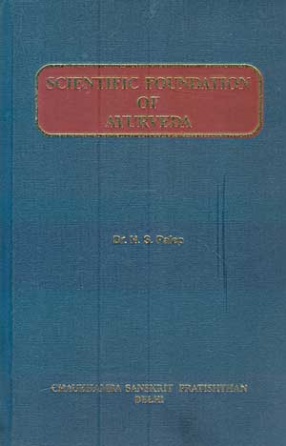
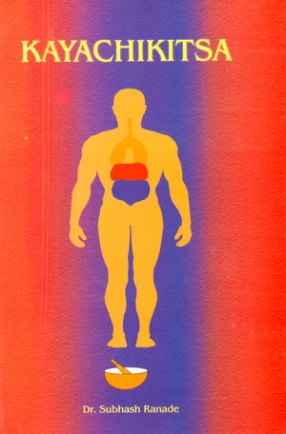
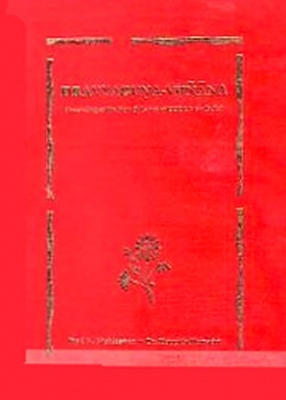
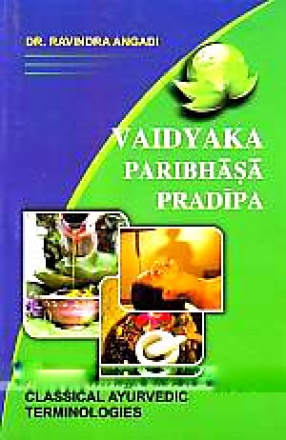
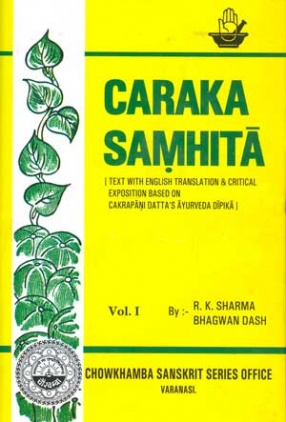
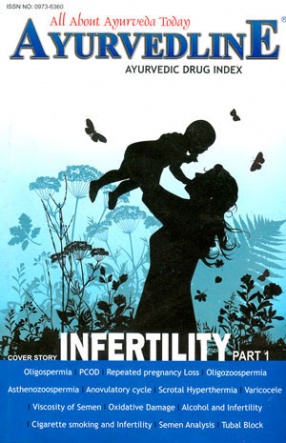
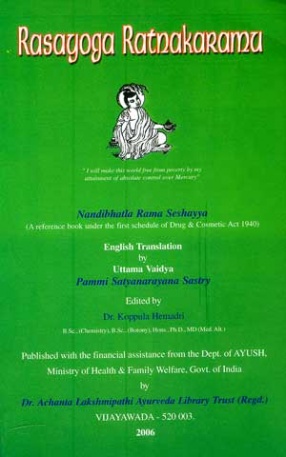
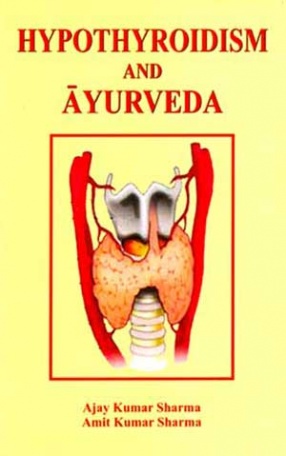

Bibliographic information